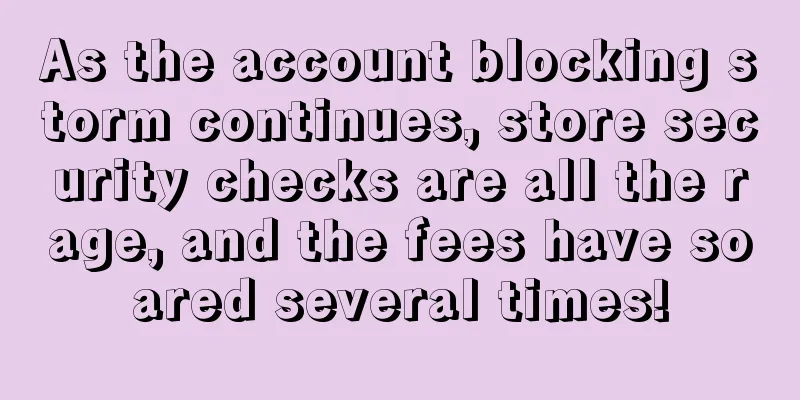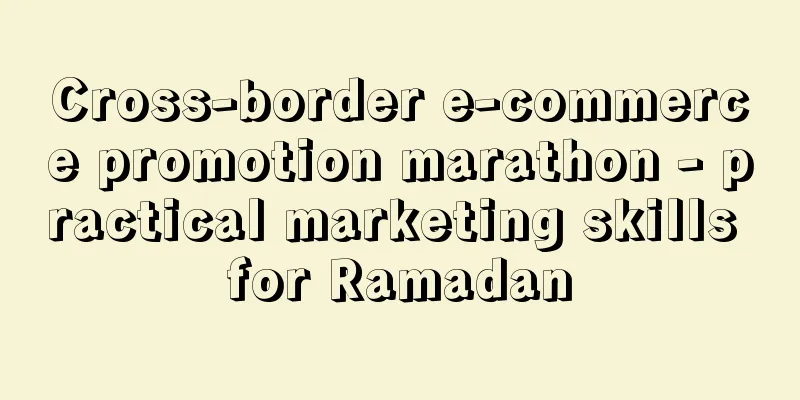"Forced buying and selling" Amazon: If you don't sell to me, I will sell to you

|
Recently, an Amazon seller who sells clothing products reported that the products he operates were forced to follow the sales of Amazon officials. Although the brand has been registered, it has no deterrent effect on this "official follow-up sales."
It is reported that after discovering the copycat sales, the seller immediately contacted customer service to negotiate a solution, but all he received was some official replies, which were useless. Afterwards, the seller directly contacted the account manager and asked Amazon's US team to explain and compensate. After a period of negotiation, the answer was obtained: Amazon officially wanted to buy the seller's goods!
However, the seller considered that if he sold the same product as Amazon, he would lose the pricing power of the product, and the final result would inevitably be that Amazon gradually monopolized the market for the product, so he decisively refused. I have to sigh: Amazon is simply forcing people to buy and sell! The incident is still under negotiation. It is reported that the seller's single link sales on Black Friday last year reached nearly 150,000 US dollars.
In fact, it is not new for Amazon's own brands to follow the sales of third-party sellers, but in most cases, once they are followed by the official sales, most third-party sellers will lose miserably.
However, according to this seller, even if it is followed by the official sales, the number of orders for its product link is almost unaffected. There are two main reasons. On the one hand, the seller's product is not exactly the same as the follow-up product, and is differentiated. Even if it is followed by the official sales, most sellers still choose to buy the original link product. On the other hand, the seller's product has a price advantage and participated in the Deal of the Day (which can be applied for through the investment manager).
At present, whether it is the endless rules of the Amazon platform or the platform's ambition to gradually expand its own brands, it is a big challenge for third-party sellers. And from the example of this seller, we can also see that improving the core competitiveness of their own products is the kingly way. Even if they are copied by the official, they still cannot steal the traffic of their own products. Amazon Forced buying and selling Chinese Sellers |
Recommend
Online shopping boom drives up demand for cardboard in the US
During the pandemic, Americans who stayed home in...
The time is set! Amazon warehouse strike may take place on January 25
Amazon workers in the UK have announced they will...
Signet's online sales surged 70.5%, and the development momentum of jewelry e-commerce is positive
Signet reported strong fourth-quarter results and...
Shopee 10.10 Super Brand Festival concluded successfully and grew together with Chinese brands
October 14, 2021 , China - Recently , the leading...
What is ONT8? ONT8 Review, Features
ONT8 is one of the three most popular warehouses ...
Big deal! Laying out new track, East China's big sale is 300 million
This is how big sales are done! Overseas investme...
What is VAVA? VAVA Review, Features
VAVA is a brand under the Sunvalley Group, mainly ...
What is Wasla? Wasla Review, Features
Wasla is the first emerging markets mobile web bro...
Holiday shoppers budget up 25%, top five retailers are...
As countries slow down their epidemic prevention ...
11 Street improves fast delivery service, South Korea's e-commerce competition intensifies
It is reported that on the 14th, 11 Street and th...
Pinduoduo is focusing on cross-border e-commerce, and some employees have already received offers!
The rapid development of cross-border e-commerce ...
3C big seller Gemtek's revenue in 2020 was 855 million yuan, and its net profit fell by nearly 20%
Financial report data shows that JMET maintained ...
Shenzhen Longgang’s annual export value exceeds US$1.4 billion!
According to the website of the General Administr...
What is Minfeng Overseas Warehouse? Minfeng Overseas Warehouse Review, Features
Minfeng Overseas Warehouse (Shenzhen Minfeng Conta...
Amazon was "only refunded"! The loss has reached $2.4 million
Recently, the Bengaluru police in India arrested ...









